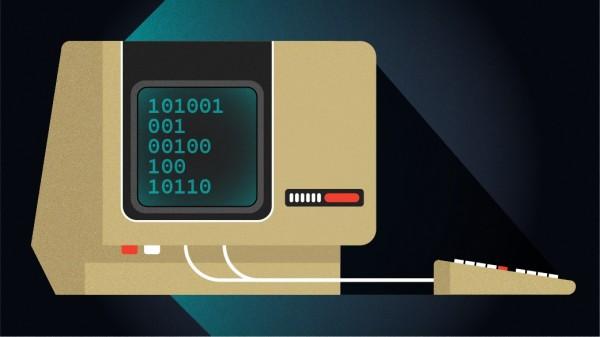The first part of the article deals with the ease that Linux can be installed on many old computers. These are computers that are made redundant often by Windows no longer getting updates (remembering that macOS still updates at least for 7, 8, or longer years after manufacture). So many older computers can be perfectly well repurposed and used for many more years using Linux, and still receive security patches and updates.
However, it is also important that hardware parts can be replaced, especially hard drives, power supplies, etc. It’s an assumption that I also made that ATX motherboards are a standard fit, the PSU connectors on a motherboard are all generally a standard fit, and the same goes for SATA drive connectors, and so on. This often means you can even cannibalise parts from another broken computer you have on hand. Replacing and re-using parts is all important to reducing wastage and extending the use of what you have.
But this is the first time I’ve read that Dell uses some non-standard parts that you can’t easily replace (for example, in the Dell Optiplex). When you can find parts (like power supplies and motherboards), they are not cheap. The reason is that those vendors create systems with non-standard power supplies and motherboards that only fit within their own non-standard cases. This is a strategy used to keep revenues up. If you can’t find these parts on the open market, you must go to the original manufacturer and pay inflated, if not exorbitant, prices. Eventually, one or more of those non-standard parts will fail, and you won’t be able to find a replacement at all, or at least not for a reasonable price. At that point, it makes sense to dispose of the old computer and purchase a new one.
So although up to now, I was quite pro-Dell in terms of their Linux support, I certainly will not touch buying any computer with non standard parts.
The best option for the planet is to keep computers running as long as possible.
See https://opensource.com/article/22/4/how-linux-saves-earth
#technology #environment #dell #standardisation #ewaste

